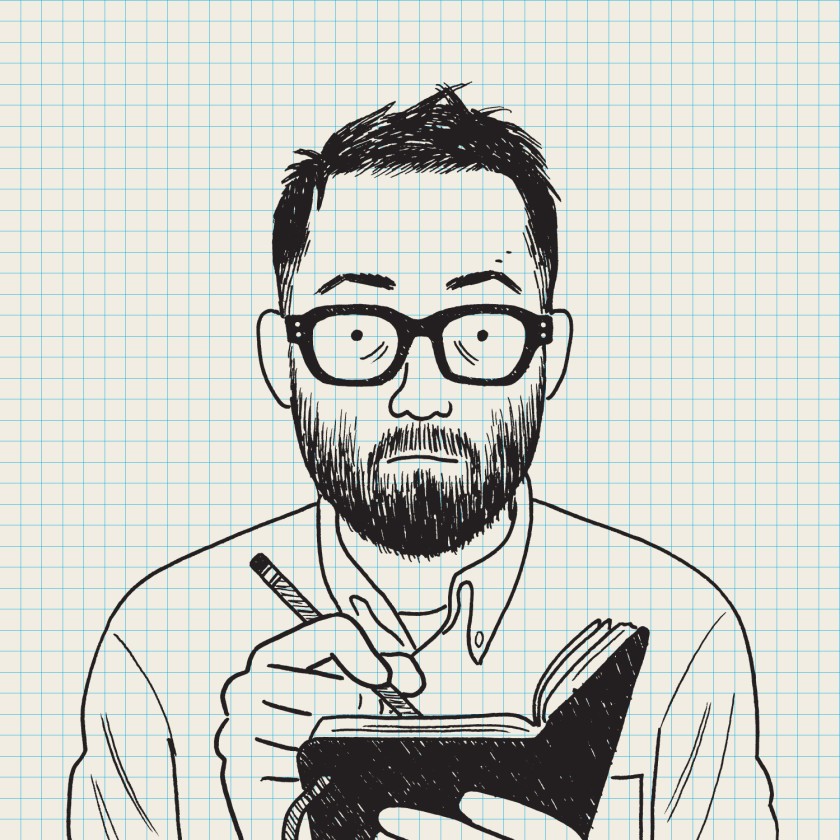By any objective measure, Adrian Tomine is a success: from his groundbreaking and definitive Optic Nerve comic to his work in the @NewYorker, Tomine is a great and influential artist; add to that his happy family life with his delightful kids for a double success.
1/
1/
But if there& #39;s one lesson in Tomine& #39;s new memoir, "The Loneliness of the Long-Distance Cartoonist," it& #39;s that when he reflects on his career, he doesn& #39;t feel like a success - the moments that stand out are the humiliations great and small.
https://www.drawnandquarterly.com/loneliness-long-distance-cartoonist
2/">https://www.drawnandquarterly.com/lonelines...
https://www.drawnandquarterly.com/loneliness-long-distance-cartoonist
2/">https://www.drawnandquarterly.com/lonelines...
All of us have experienced our brains& #39; perverse tendency to use idle moments to endlessly replay those instants in which we were embarrassed, hurt, or made to look foolish, and "Loneliness" is a pitiless tour through Tomine& #39;s own torments.
3/
3/
When I reviewed @hodgman& #39;s excellent 2019 memoir Medallion Status, I wrote about how his work reminds me of the aphorism that "comparison is the thief of joy." Like Tomine, much of Hodgman& #39;s torment comes from comparing his career with others& #39;.
4/
4/
It& #39;s a pathology that we& #39;re all prey to, but Tomine& #39;s own merciless dissection of his anxieties hints at why people in the arts may have it worse - it& #39;s a career with little external validation for the first formative years (decades).
5/
5/
During those years of form rejections, obscurity and failure, your only gauge of your success are the tiny crumbs of validation - a scrawled personal note on the rejection slip, a sale to a "little magazine," a clerk at your local store who says a kind word.
6/
6/
And even as you are training yourself to hunt endlessly for these things, you& #39;re also motivating yourself by imagining what a "breakthrough" might bring, fantasizing about how great the people who& #39;ve done well already must have it.
7/
7/
These two habits - comparison and the quest for external validation - are a recipe for neurotic self-loathing and doubt. Because nothing lives up to the fantasy of what "success" feels like, and no amount of validation can bridge that gap.
8/
8/
Tomine shows just how bad this gets, making himself literally sick, so much so that he lands in the hospital and thinks he may be dying. This provokes a reckoning at the book& #39;s climax that makes it more than an R Crumbish journey through neurosis.
9/
9/
Instead, it casts the whole book in a new light, one in which success is redefined as something much more personal, much more humane, and much more attainable.
10/
10/
The world is full of "successful" people who are both miserable and miserable to be around. With "Loneliness," Tomine sheds light on how those people came to be that way - and why it needn& #39;t be so.
eof/
eof/

 Read on Twitter
Read on Twitter


